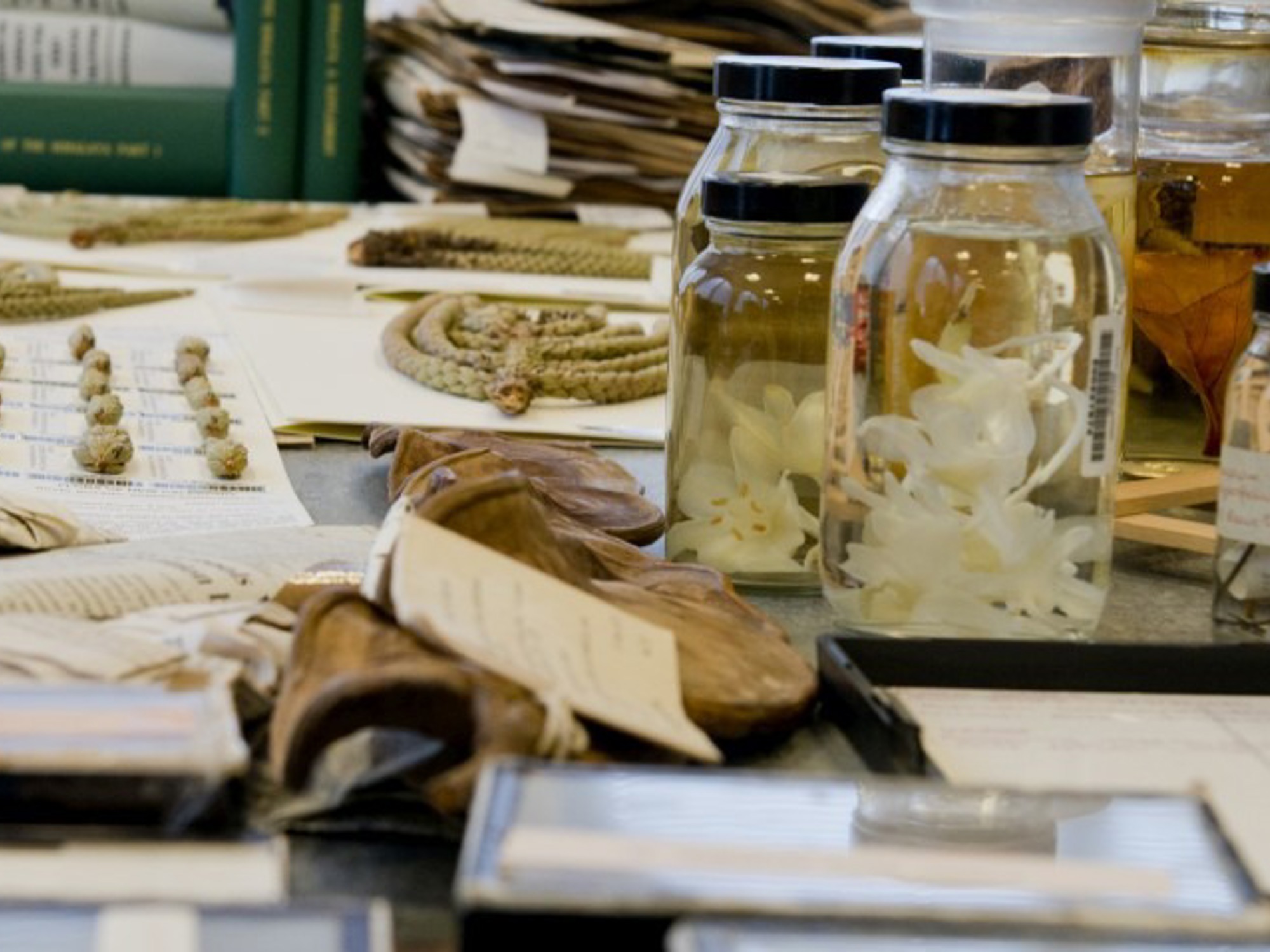Study for a Masters degree at the Royal Botanic Garden Edinburgh on a unique programme that prepares future generations of skilled botanists.
The MSc in Biodiversity and Taxonomy of Plants is a one-year Masters course run jointly by the University of Edinburgh and RBGE. The programme focuses on understanding the diversity of the world of plants with a strong emphasis on their identification.
RBGE is one of the top four botanic gardens in the world, a global leader in plant science and conservation. The organisation dates back to 1670 and its living collection of plants comprises 13,500 species across four botanic Gardens in Scotland amounting to five per cent of known world species. It also has a Herbarium of 3 million preserved plant specimens, including bryophytes, fungi and lichens, and one of the UK’s most comprehensive botanical libraries.
Most course work is delivered at the Garden's main site in Edinburgh, close to the plant collections, by world-leading scientists and recognised experts from RBGE and the University of Edinburgh. The School of Biological Scientists at the University is a centre of excellence for research in Plant Sciences and Evolutionary Biology.
Edinburgh, Scotland's capital city, is a historic yet modern and vibrant city in which to live and study and welcomes students from around the world.
If you are inspired to apply and would like to find out more, please join the course waiting list below.

